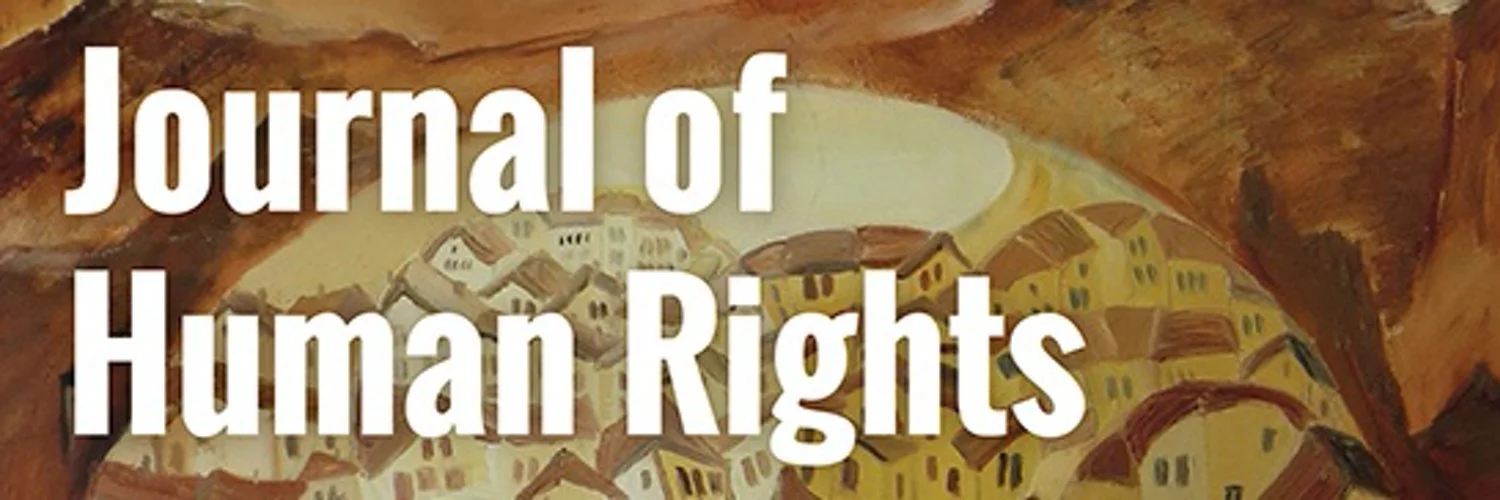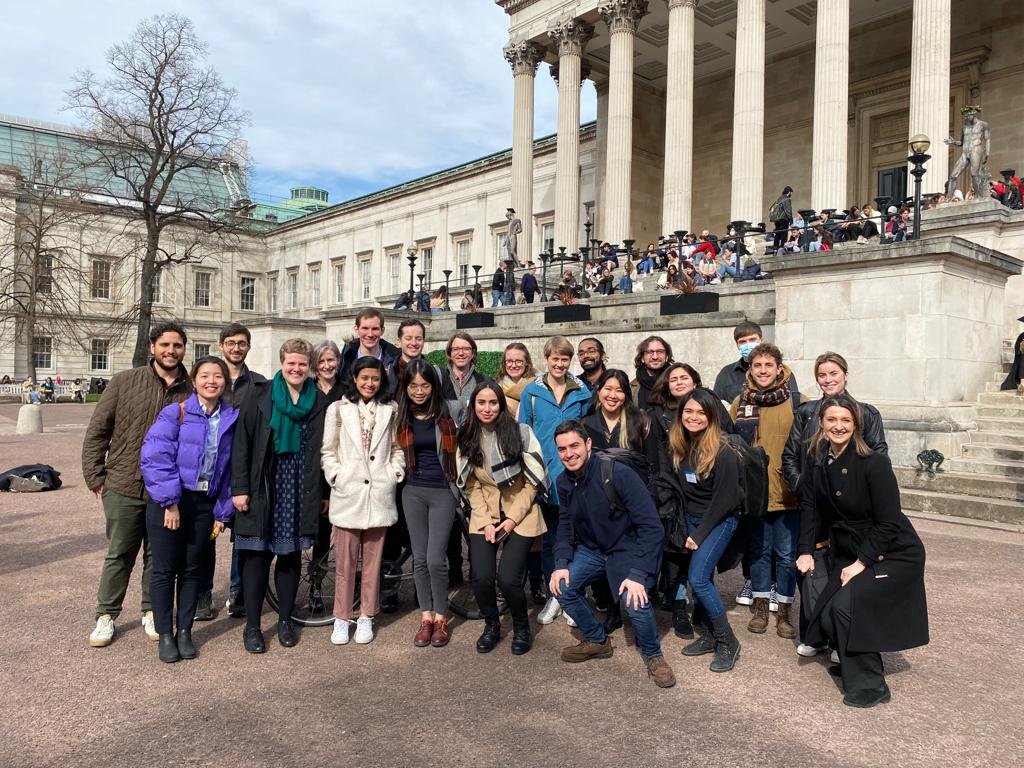Nicola Mathieson visited us from Australian National University in Canberra. Her stay at UCL provided an opportunity to get additional feedback on her PhD project. In her project tentatively titled ‘Communities of Practice and Foreign Fighters in the Soviet-Afghan and Afghan Civil War’, Nicola looks at the role of foreign fighters in said conflicts and their trajectories into global terrorism.
“I chose to undertake a visiting PhD fellowship at UCL because of the reputation of the Conflict and Change group. The group draws together experts on the scientific study of political violence. Participating in the fortnightly Conflict and Change workshops not only confirmed the world-leading expertise within this community but also their generosity in providing thoughtful and incisive feedback to all participants.”
Paola Galano Toro, who is doing her PhD at ETH Zurich, likewise appreciated her stay and is excited about the new research avenues for her project that she discovered while at UCL.
“The time spent at UCL allowed me to reframe my research in more interesting ways, I benefited from the great feedback from various members of the Conflict and Change cluster, including other PhD students. Both within and outside meetings of the Conflict and Change cluster there is a lot of engagement with other people’s research. Discussions are always lively, amicable, and inclusive towards junior members. During my time here I felt very inspired as well as welcomed. Even a short time in this department has been very impactful on my research, helping me envision new possibilities to improve and add value to my project.”
Paola’s project looks at the effects of ethnic inclusion and discrimination on the performance of state functions within Latin American countries.
Claudia Wiehler, who is also based at ETH Zurich for her PhD, studies the impact of communal conflict in Nigeria. The current title of her project is “Communal conflicts in the shadow of civil war: A mixed-method social network analysis”. Claudia already joined the Conflict & Change group last year during the pandemic online and was now finally able to join us in-person.
“I loved my time with the Conflict & Change group, and I will miss this inspiring academic home. I learnt a lot from engaging with the work of the Conflict & Change members and other visitors. It was a privilege to follow the discussions and critique of each other’s work. Not least, I really appreciated the openness and warm-heartedness of the group and I am amazed how much time the senior faculty took to engage with the work of junior scholars like me.”
It was great to have you all with us during this past term and we look forward to seeing how your projects are coming along in the future. It was a great pleasure to learn more about the world through your newly collected and rich data and your careful analyses. Keep in touch with Conflict & Change and we hope to see you all soon!







